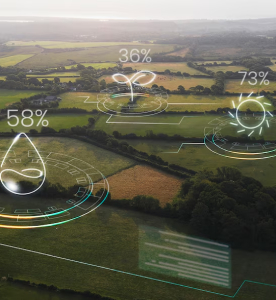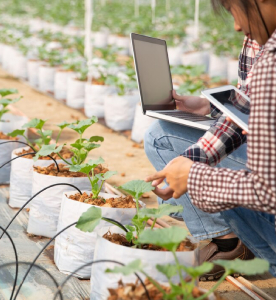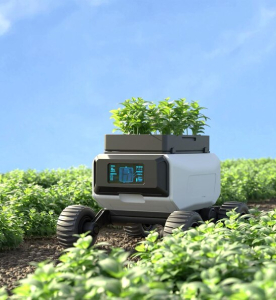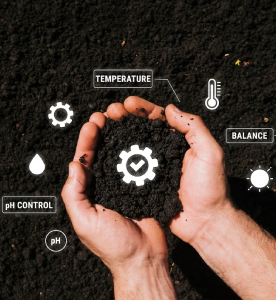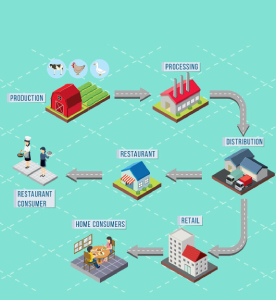AGRICULTURE
Driving Sustainable Growth through Digital Agriculture
The agriculture industry today stands at the intersection of tradition and technology. To meet the increasing global demand for food, improved productivity, and ensured sustainability, agribusinesses need smart systems that bring transparency, control, and efficiency across every stage of farming operations.
Modern agriculture management software empowers farmers, cooperatives, and agribusinesses to make informed decisions, streamline operations, and embrace data-driven farming.
Modern agriculture management software empowers farmers, cooperatives, and agribusinesses to make informed decisions, streamline operations, and embrace data-driven farming.
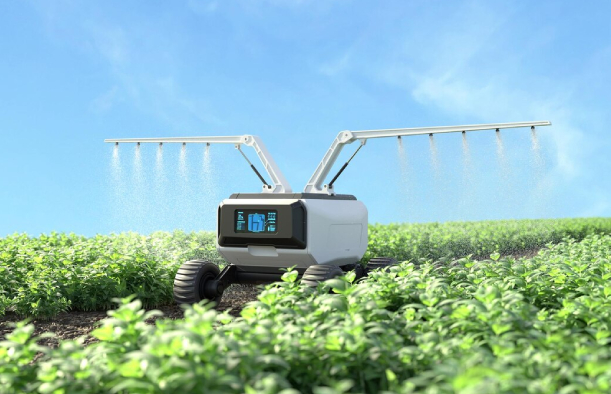
The Need for Digital Transformation in Agriculture
Traditional farming practices, though rooted in experience, often face limitations in scalability and visibility. The future of agriculture depends on how effectively the industry can harness technology to connect people, processes, and production. By adopting digital solutions, agriculture businesses can achieve operational control, ensure product quality, and build resilient systems for long-term sustainability.
Why digitization is essential:

Key Areas Where Digitization Transforms Agriculture
Benefits of Agriculture Management Software
- Centralized control over operations
- Reduced manual dependency and human error
- Data-driven planning and forecasting
- Cost optimization and resource efficiency
- Transparent and traceable production processes
- Sustainable and eco-friendly farming practices
Towards a Digitally Empowered Agriculture Ecosystem
- Digitization is reshaping the agriculture industry into a connected, intelligent, and sustainable ecosystem.
- By integrating technology at every level — from soil management to supply chain visibility — agriculture can achieve higher productivity, better quality, and long-term environmental balance.
- The future of farming is not just in cultivation — it’s in connected intelligence, where data, automation, and innovation work together to feed the world responsibly.



